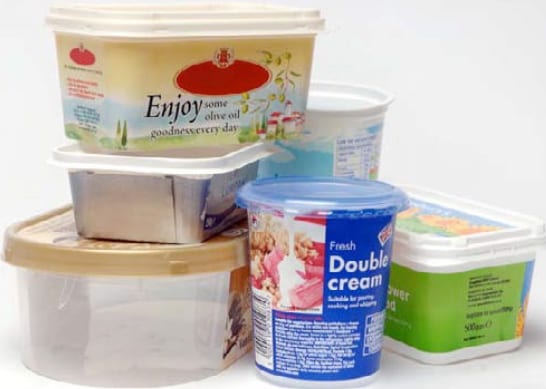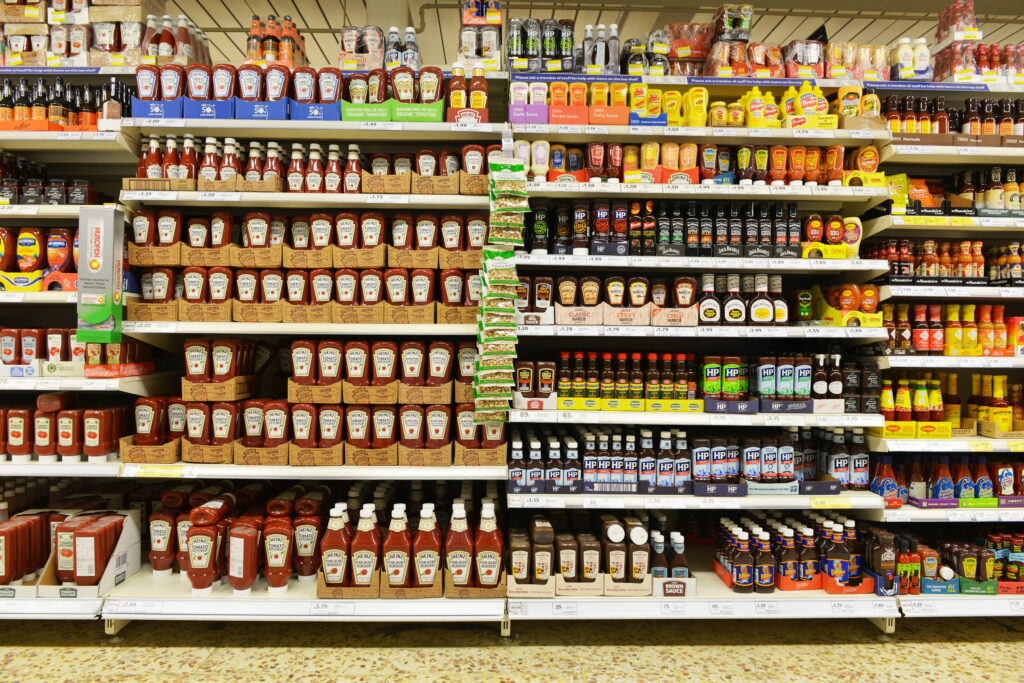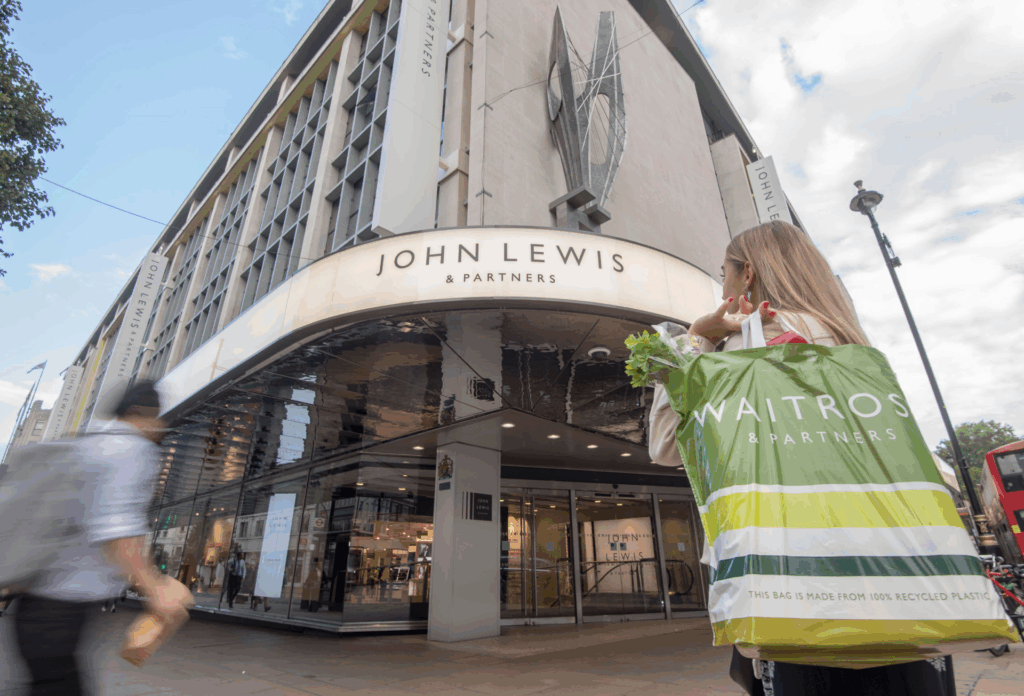The call for local authority action comes in a WRAP-led initiative for the plastics sector. It tells councils: “When reviewing service provision, all local authorities will need to consider adding pots, tubs and trays (PTT) to kerbside collections as well as bottles.”

The message on PTT comes in the Plastics Industry Recycling Action Plan (PIRAP), to be launched at the Plastics Recycling Expo in Telford today (June 16).
On the reprocessing side, the document says that UK capacity will need to increase by around 100,000 tonnes per year by 2017, if targets are to be met.
PIRAP also claims that local authorities will require funding to ‘revitalise and extend’ existing collections, as well as developing enhanced communications campaigns.
Developed by Plastics 2020 – an industry body incorporating trade bodies PlasticsEurope, the British Plastics Federation (BPF) and the Packaging and Films Association (PAFA) and overseen by WRAP (the Waste & Resources Action Programme), PIRAP is intended to provide a road map for the plastic packaging supply chain to meet the target for 57% plastic packaging recycling by 2017.
Shortfall
According to the Action Plan, the existing capture of plastic packaging for recycling, amounts to around 714,000 tonnes per year. Latest figures quoted in the report suggest that in order to achieve the 2017 target the UK would need to increase capture rates by an additional 350,000 tonnes.
A commitment by government, says the Plan, is needed to create the ‘right environment’ for increased plastic packaging recycling through the establishment of a coherent strategy identifying the need for investment to enable stakeholders to assist in delivering the industry’s recycling targets.
PIRAP notes: “Plastic recyclers believe that improved regulatory and non-regulatory drivers are needed to help incentivise investment in UK sorting and reprocessing of all plastic formats as well as to incentivise the development of new and existing markets for recycled materials.”
Incentives
Actions recommended in the Plan include reform of the packaging recovery note system to see domestically treated and exported material treated equally and creation of incentives for the use of recycled polymers in products. PIRAP warns that without the development of sustainable end markets for material, the high cost of PRNs could amount to millions of pounds of additional compliance costs being passed on to businesses and consumers.
PIRAP states: “With the UK recycling rates increasing every year there is also a need to drive demand for recycled material in the domestic market. For that reason, the industry believes it is fundamental to create incentives to drive investment in recycling and UK manufacturing to increase recycled polymer usage, by developing end markets for recycled plastic in UK manufacturing.
“Industry recommends a reduction or discount against obligation within the ‘producer responsibility’ legislative framework or to provide tax breaks for recycled content.”
The launch of PIRAP, which has been in development since 2014, comes after the publication of the findings of a series of research projects on plastics recycling by WRAP including work to develop end markets for PET pots, tubs and trays, sorting of food packaging and trials to recycle CPET black plastic trays (see letsrecycle.com story).








Along with keeping the customer in mind, packaging designers should also ensure that they minimize costs whenever possible and that can only be done if the costs of operation and the benefit of design are known. . In a price sensitive market like India, packaging solutions must be attractive and cost-effective. Uflex Ltd as a fully integrated packaging player on the global arena offers a variety of such flexible pouches which provide world class packaging material to the products.